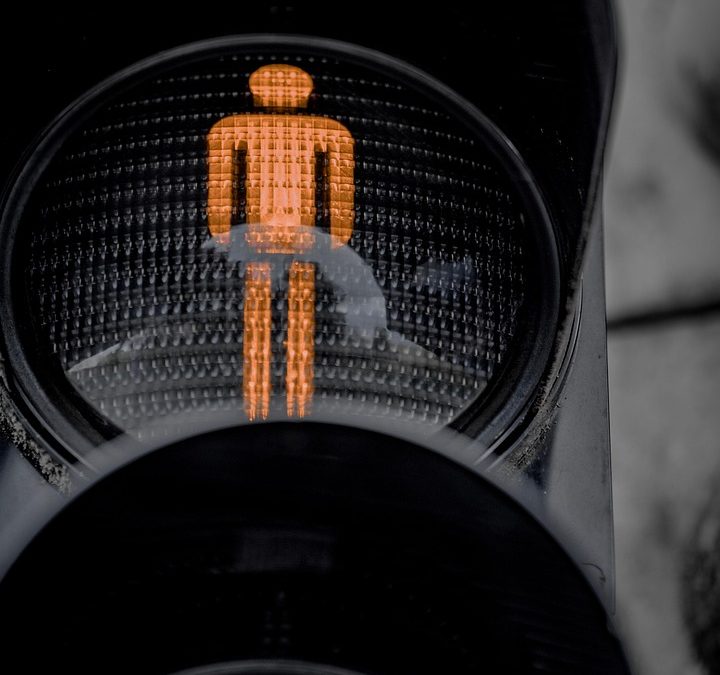When interacting with law enforcement, it’s essential to prioritize your safety while also being aware of your rights. Police encounters can be stressful and potentially traumatic, which is why it’s crucial to understand the psychological impact of these interactions and know how to navigate them effectively.
Understanding Police Procedures and Your Rights
Law enforcement officers are required to follow specific protocols when interacting with the public. Understanding these procedures can help you feel more in control and prepared. For instance, during a traffic stop, an officer may ask for your license, registration, and proof of insurance. You are required to comply with these requests, as they are within the officer’s scope of authority.
However, if an officer asks you to exit the vehicle or searches your car without your consent, you have the right to ask if you’re being detained or under arrest. If you’re not being detained, you can ask to leave or refuse the search. Remember that you always have the right to remain silent and request an attorney.
The Psychological Impact of Police Encounters
The psychological impact of police encounters can be significant, especially for marginalized communities. The stress and anxiety associated with these interactions can lead to feelings of fear, anxiety, and mistrust. It’s essential to acknowledge these feelings and take steps to mitigate their effects.
In situations where you feel unsafe or uncomfortable, it’s crucial to prioritize your safety above asserting your rights. This may mean remaining calm, avoiding confrontations, and seeking support from a trusted authority figure or legal professional.
Practical Tips for Safe and Assertive Interactions
To ensure safe and assertive interactions with law enforcement, follow these tips:
- Stay calm and composed: Avoid sudden movements, and speak clearly and respectfully.
- Know your rights: Understand your rights under the Fourth Amendment, Miranda rights, and stop-and-identify laws.
- Avoid confrontations: De-escalate conflicts by avoiding confrontational language and tone.
- Seek support: Reach out to a trusted authority figure, legal professional, or crisis hotline for guidance and support.
- Document interactions: Record interactions with law enforcement, if possible, and take notes on the details of the encounter.
“The right to be free from unreasonable searches and seizures is one of the most fundamental rights as American citizens. It’s essential to understand this right and the procedures that law enforcement must follow to ensure that our rights are protected.” – ACLU
Remember, staying informed about your rights and local laws is crucial in navigating police encounters safely and assertively. Prioritize your safety, know your rights, and seek support when needed. By doing so, you can ensure that your interactions with law enforcement are safe, respectful, and empowering.
The information at Observed.Org may not pertain to every jurisdiction. It is YOUR responsibility to know your rights and observe them. Nothing here should be considered legal advice.

